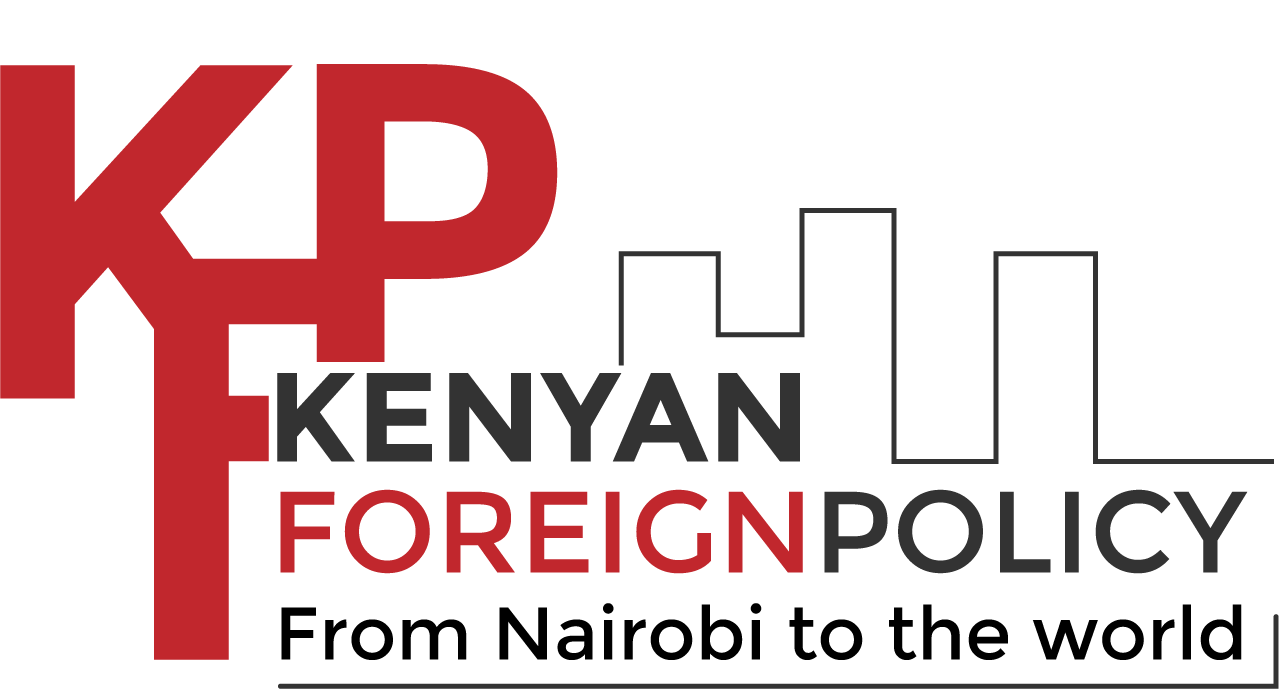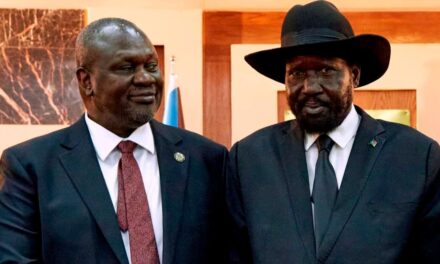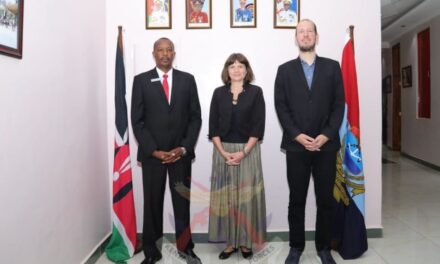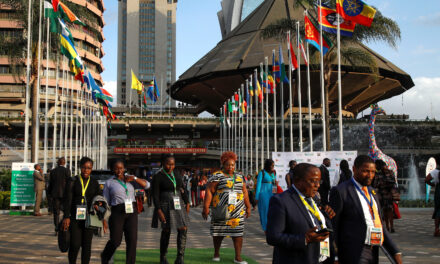

Murkier Waters or a Spring of Hope Along the Nile River?
| November 12, 2024

This veto forms the basis of Egypt’s longstanding dispute with Ethiopia over the Grand Ethiopian Renaissance Dam (GERD), located on the Blue Nile, which supplies 85% of the Nile’s water (in contrast, the White Nile, fed by Lake Victoria, contributes only 15%). Photo: Reuters
Just weeks after Uganda celebrated its independence anniversary, the Cooperative Framework Agreement came into force on October 13, 2024.
This agreement holds significant promise, aiming to ensure sustainable development and fair use of the Nile River’s water resources among the nations that share it, including Uganda.
Its timing is remarkable, as it offers a much-needed reform of the governance of the Nile River and its tributaries.
Until now, the management of these waters has been based on colonial agreements made by Britain on behalf of its colonies.
In the wake of Uganda Law Society’s presidential campaign—marked by calls for decolonization—this agreement seems timely, echoing the desire to break free from colonial legacies that many view as obstacles to effective development in the postcolonial world.
The Cooperative Framework Agreement (CFA) seeks to decolonize the governance structure of the Nile.
For years, upstream countries such as Uganda, Kenya, Burundi, and Rwanda have criticized colonial-era water allocations, which grant Egypt and Sudan the lion’s share of the Nile’s resources.
According to these agreements, Egypt receives 55.5 billion cubic meters of water, while Sudan, currently embroiled in a prolonged conflict, receives 18.5 billion cubic meters—leaving no allocations for other countries along the Nile.
In fact, some of the Nile’s waters were even reserved for seepage and evaporation, a distribution once described as “one of Africa’s cruelest ironies,” where the land feeding the Nile struggles to sustain itself.How does the Cooperative Framework Agreement aim to correct this?
The CFA promises equitable and reasonable sharing of the Nile’s resources among all the nations it touches, moving away from the colonial system’s duopoly that favored Egypt and Sudan.
Yet, the CFA falls short of abolishing Egypt’s veto power, a colonial legacy that allows Egypt to block any project along the Nile it perceives as a threat to its water allocation of 55.5 billion cubic meters.
This veto forms the basis of Egypt’s longstanding dispute with Ethiopia over the Grand Ethiopian Renaissance Dam (GERD), located on the Blue Nile, which supplies 85% of the Nile’s water (in contrast, the White Nile, fed by Lake Victoria, contributes only 15%).
Unlike Ethiopia, which was never colonized, Uganda’s interests were represented by Britain during the colonial period, particularly in the 1929 Agreement between Britain and Egypt, which established Egypt’s veto power.
The CFA attempts to remove this power, which has subjected development plans of other Nile countries to Egyptian approval, but these efforts were blocked by Egypt and Sudan, who insisted on maintaining their historic privileges.
Consequently, Egypt and Sudan rejected the CFA, leaving the agreement binding only on the countries that ratified it—South Sudan, Burundi, Uganda, Tanzania, Rwanda, and Ethiopia. Without Egypt and Sudan’s participation, the CFA’s impact remains limited.
As long as these colonial agreements endure, 62 years after Uganda’s independence, the legacy of colonialism persists, restricting our ability to fully harness the Nile for national development.
This attachment to colonial agreements underscores that the struggle for decolonization is not a sprint but a marathon—a race that continues to this very day.
Musana Joshua Malcolm, a lawyer passionate about Public International Law & International Relations
Your support empowers us to deliver quality global journalism. Whether big or small, every contribution is valuable to our mission and readers.







































